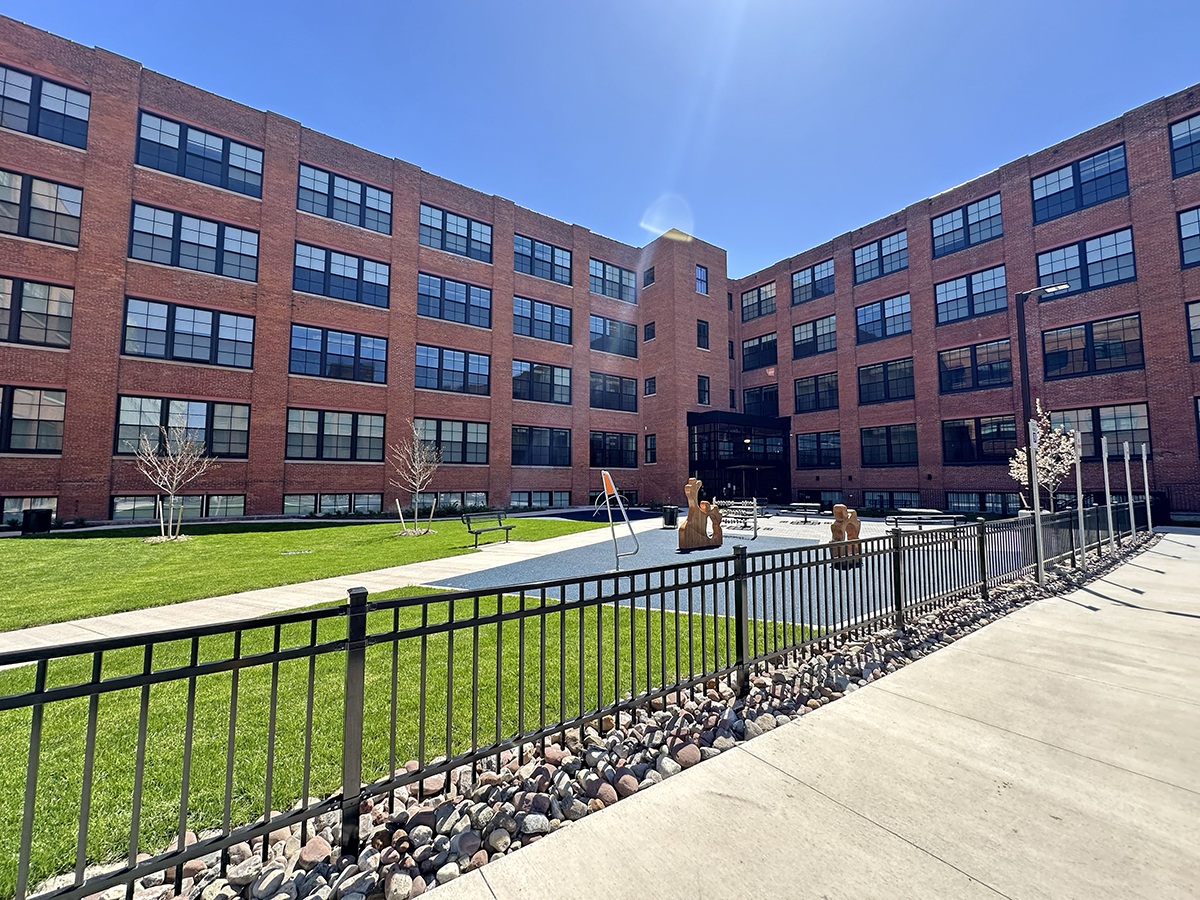Securing MDU Web Traffic Through Strong Encryption Standards to Protect User Privacy as well as Data Accuracy
Securing MDU Web Traffic Through Strong Encryption Standards to Protect User Privacy as well as Data Accuracy
Blog Article
In today’s digital landscape, protecting internet data is more important than ever, especially in Multi-Unit Buildings (MDUs) such as apartment buildings and condominiums environments. Such environments frequently have many tenants sharing the same internet connection, which can lead to potential safety risks. To ensure that users' confidentiality and information integrity are maintained, it is vital to implement robust coding standards. Encryption is a technique that scrambles data, rendering it unreadable to individuals who do not have the correct key to decode it. This procedure helps maintain individual information safe from hackers and unapproved users.
A of the most commonly used encryption standards is Secure Sockets Layer (SSL) and its replacement, Transport Security (TLS). Such protocols create a protected link between a resident's device and the internet, guaranteeing that any data exchanged remains confidential. When tenants in an MDU access websites that employ SSL/TLS, their personal data, such as login credentials and credit billing numbers, is encrypted. This means that although when someone attempts to capture the data, they would only see a jumble of characters and digits, making it almost unfeasible to understand. By encouraging the adoption of such standards, MDUs can significantly enhance the security of their tenants' internet actions.
Another important encryption technique is Virtual Secure Network (VPN) technology. A VPN establishes a protected pathway for web traffic, which protects individuals from invasive observers, especially when using shared Wi-Fi connections. In an MDU, where numerous residents may connect to the identical service, employing a VPN can assist guarantee that personal internet activities remain private. This is especially crucial for tasks including internet transactions or accessing sensitive data. By promoting the use of VPNs among residents, MDUs can cultivate a see here more secure internet space and help safeguard against information breaches.
Alongside such coding techniques, it is vital for MDUs to educate their tenants about the significance of online security. Many people may not be conscious of the threats associated with using shared web connections. Providing resources on how to recognize phishing efforts, the necessity of strong passwords, and the advantages of employing encrypted websites can enable tenants to take control of their internet safety. Workshops or informational sessions can be beneficial ways to raise knowledge and encourage best habits for online security.
Finally, MDUs should think about working with internet provider companies (ISPs) that emphasize security and provide enhanced encryption options. By partnering with ISPs that implement robust coding protocols, MDUs can ensure that their tenants have access to secure web connections. This collaboration can result to enhanced overall safety for the whole building, as well as enhanced trust among residents. By implementing these steps, MDUs can create a more secure online environment, safeguarding user privacy and information integrity in an increasingly interconnected world.